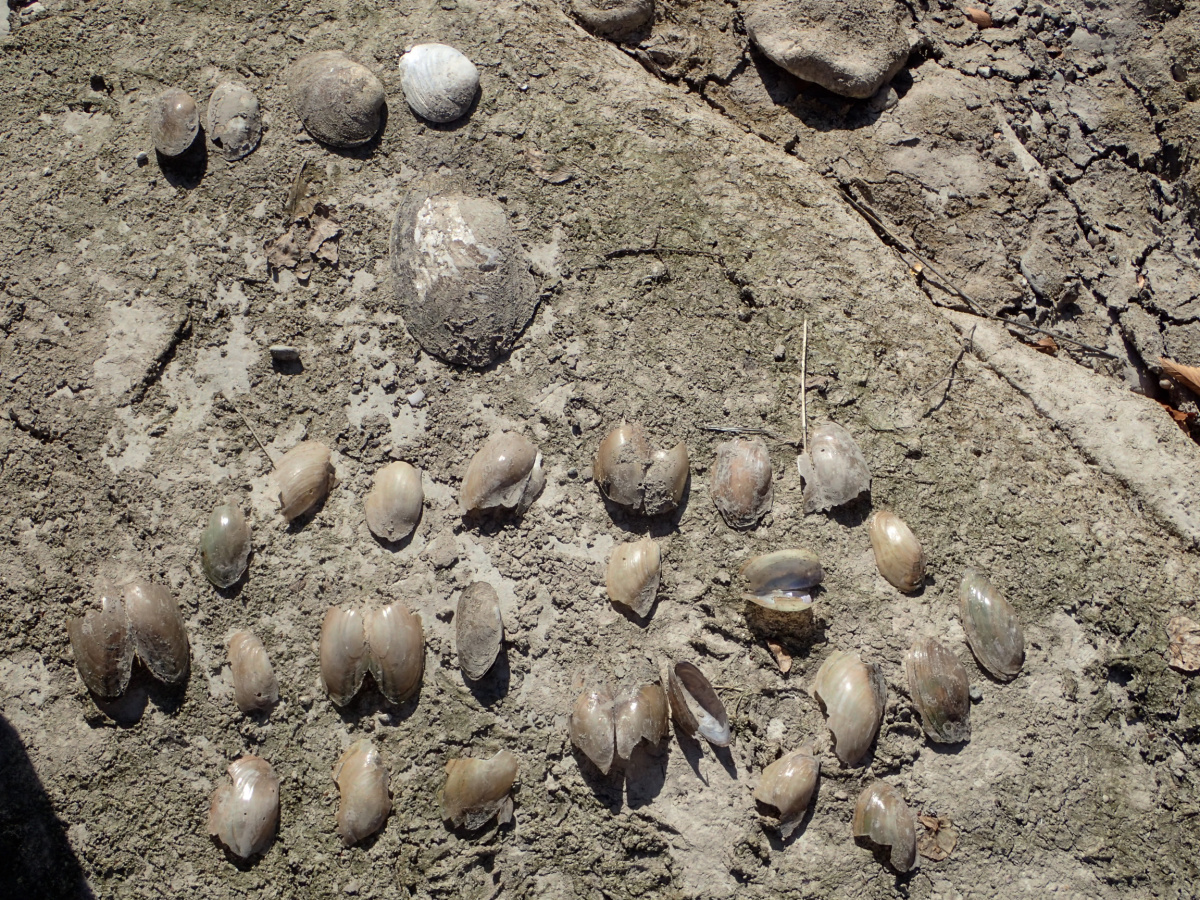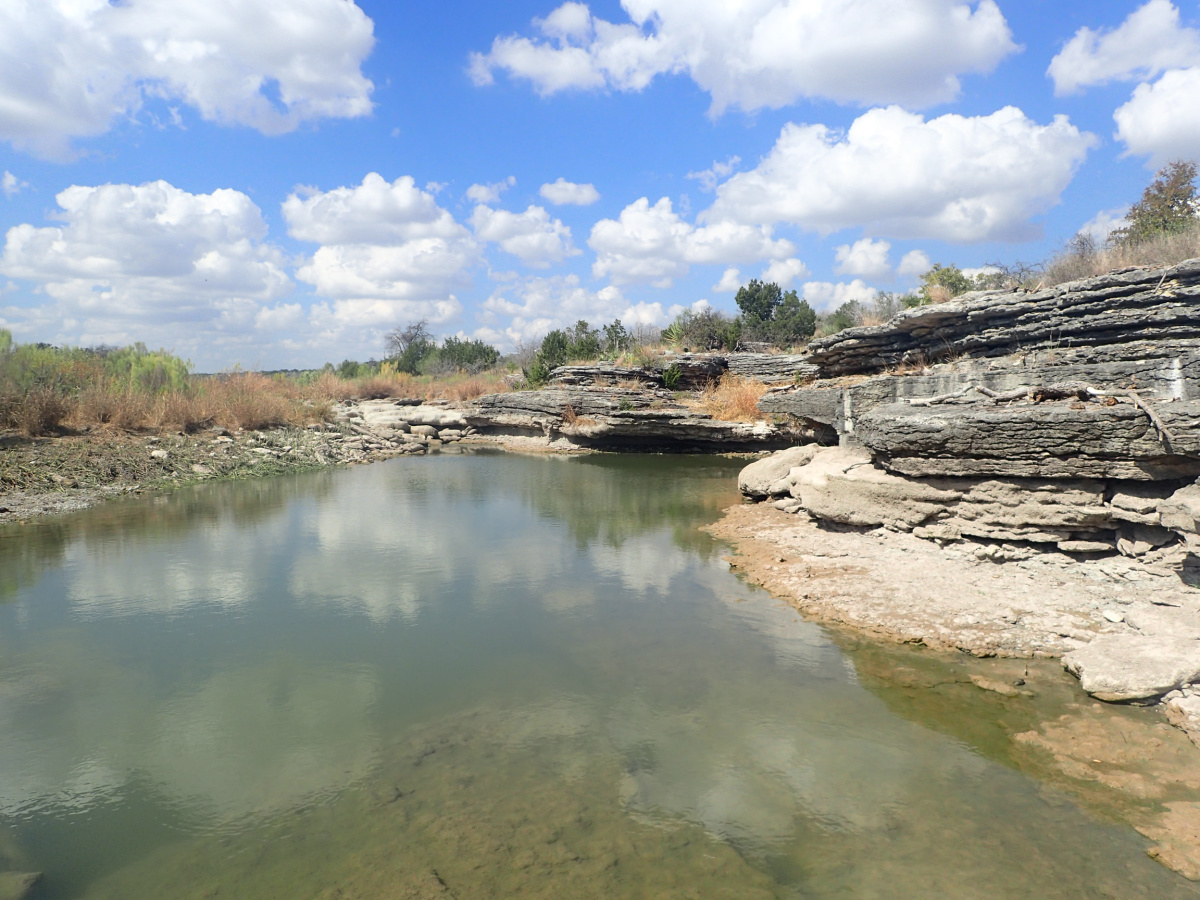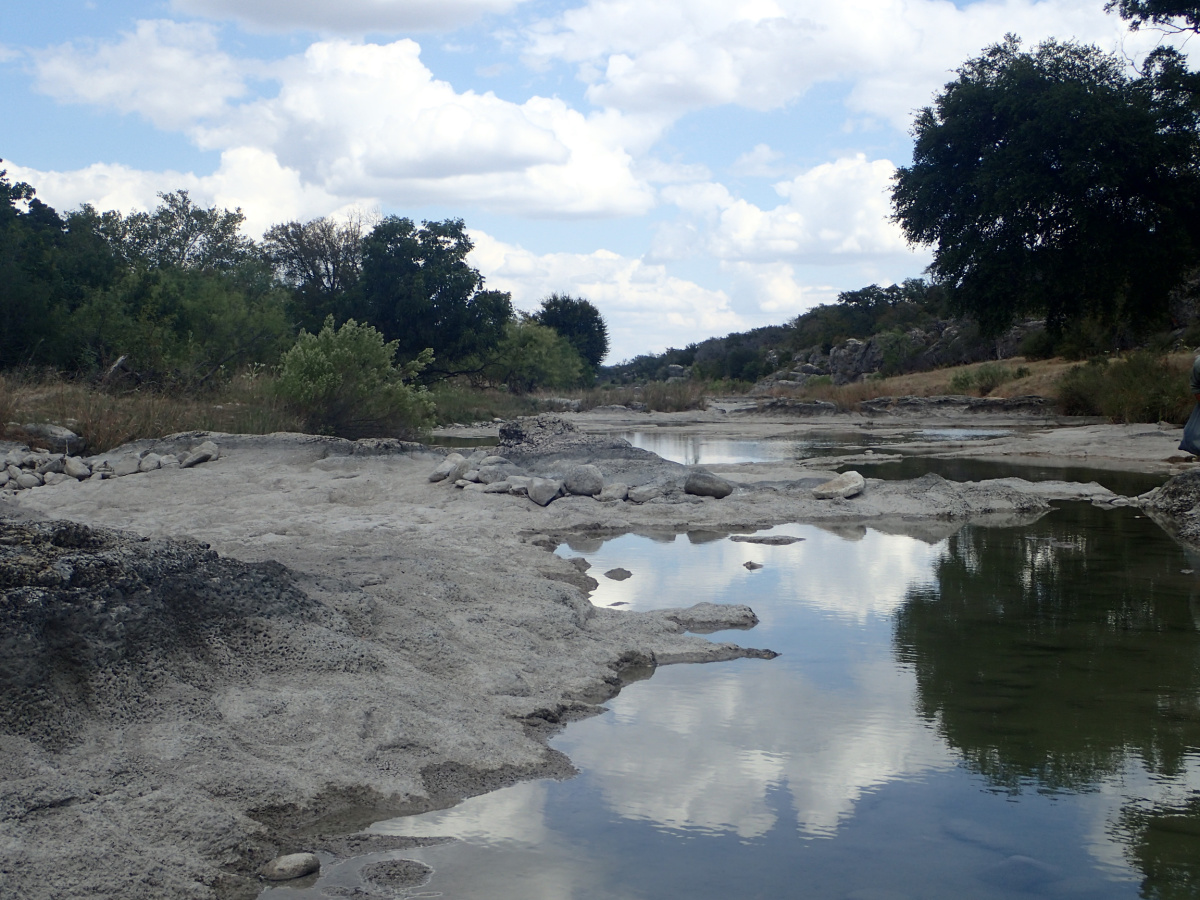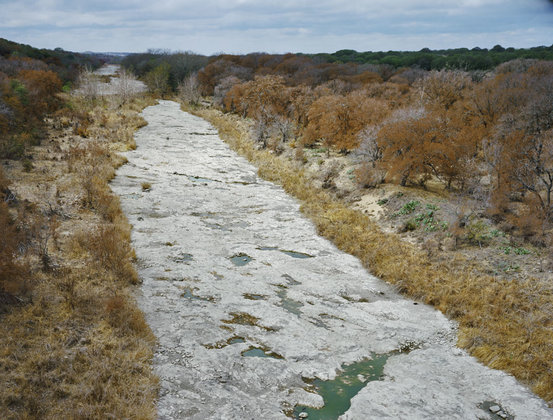by lanahill
Share
Share this post
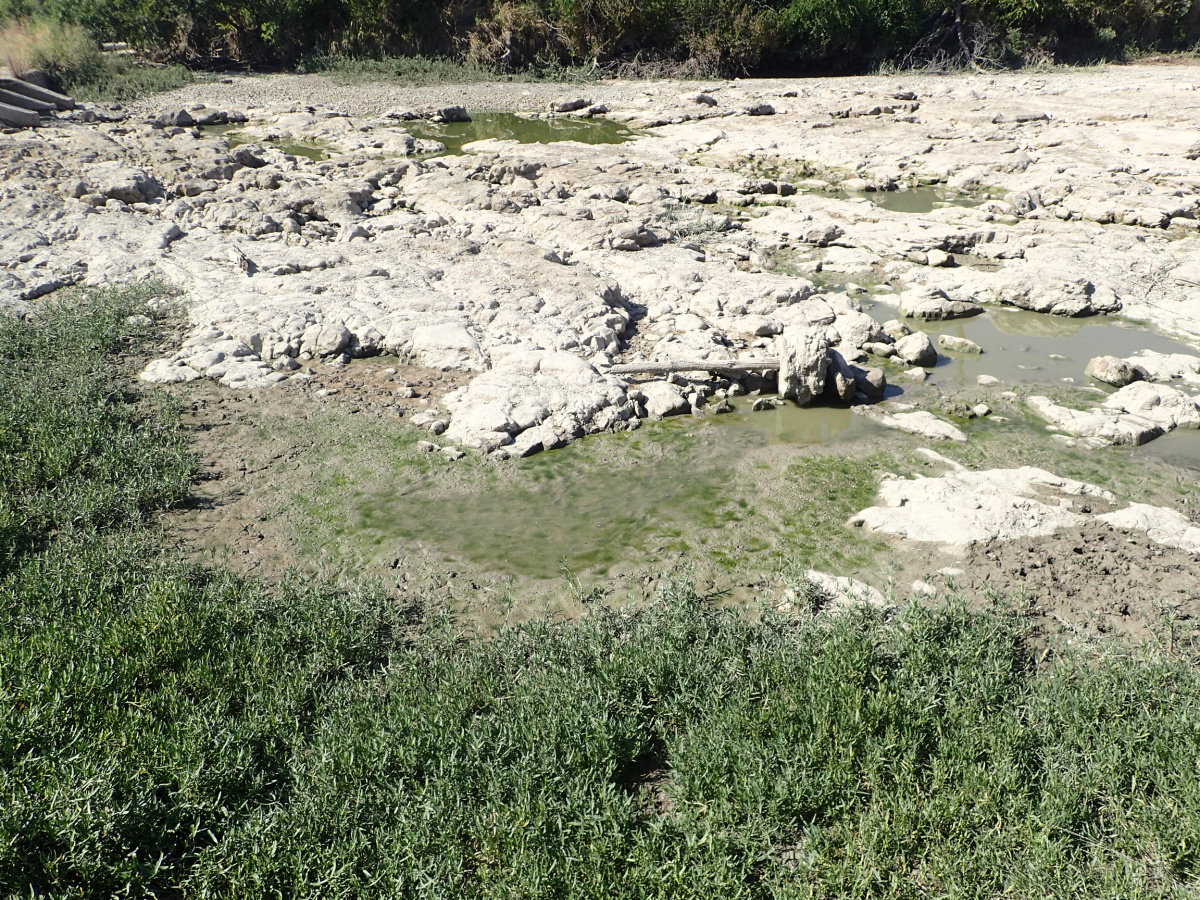
Watermaster
The Texas Commission on Environmental Quality (TCEQ) has four watermaster programs covering 10 of Texas’ 23 river basins, including the Concho River in the Colorado River Basin. Watermasters allocate water between users and ensure compliance with water rights. The Texas Rivers that have watermaster programs in place maintain continuous flow for superior D&L users under the most adverse conditions. TCEQ evaluates river basins for possible watermaster programs at least once every five years.
The San Saba River was evaluated as part of the Colorado River Basin watermaster evaluations in 2017 and 2012. FOSS members actively participated in both evaluations by submitting comments and attending stakeholder meetings held by the TCEQ.
During the watermaster evaluation, the TCEQ considers if a petition requesting a watermaster has been submitted by 25 or more water rights holders. TCEQ also considers if senior water rights have been threatened based on the history of priority calls or water shortages within the basin or the number of water right complaints received annually. However, TCEQ’s position is that riparian landowners with superior domestic and livestock water rights (D&L users) cannot petition for a watermaster and threats to D&L users superior water rights cannot be considered in the watermaster evaluation. In short, D&L users with superior water rights have no standing in the TCEQ’s watermaster evaluation, an absurd interpretation that deprives a superior property right holder of any meaningful protection by the agency charged with safeguarding Texas natural resources (i.e., the same agency that is suing the State of New Mexico in the U.S. Supreme Court in a case involving the same set of circumstances).
As can be seen from the information in the preceding paragraphs with respect to addressing the superior water rights of the D&L users, as well as in TCEQ’s Self-Evaluation Report to the Texas Sunset Advisory Commission, September 2021 (see “Water Rights Permitting Program” on page 191), it is abundantly clear that water right holders under the prior appropriation doctrine administered by TCEQ Staff are inferior to the D&L users exempt and superior right. In its administration of the Watermaster programs for the 10 river basins, TCEQ clearly insures protection of the superior water rights of the D&L user in periods of low flow. However, in the remaining 13 rivers where no Watermaster exists, including the San Saba River, there is no protection of the D&L user’s superior water right in periods of low flow. Thus, the administration of the protection of the D&L user’s superior water rights by TCEQ across all 23 river basins is a blatant and obvious process that is in violation of the Texas Constitution, Article I, Sections 3 (EQUAL RIGHTS) and 3a (EQUALITY UNDER THE LAW) and the U.S. Constitution 5th (DUE PROCESS) and 14th (EQUAL PROTECTION) Amendments. These constitutional violations are compounded by the TCEQ’s assertion that the D&L user has no right to petition for the appointment of a Watermaster—the obvious means for gaining protection of the D&L superior right in periods of low flow.
In 2017, TCEQ did not create a watermaster for the Colorado River Basin or San Saba River after Menard irrigators objected and after TCEQ ignored threats to D&L users. TCEQ’s watermaster evaluation report did not mention that a 45 mile stretch of the San Saba River below Menard had been left essentially dry between June and October for most years since 2000 causing great harm to the river ecosystem and riparian landowners. TCEQ’s report did not acknowledge that over 100 alluvial wells in and around Menard were the cause of dramatic losses of water flow in the San Saba River downstream of Menard, even though TCEQ investigators concluded these alluvial wells were the most likely cause.
The TCEQ Commissioners considered the 2017 watermaster evaluation at their Agenda Meeting on November 15, 2017. The commissioners accepted the TCEQ staff’s recommendation to not create a watermaster for the Colorado River Basin or San Saba River, but they expressed concerns about threats to the San Saba River and said the discussion on the San Saba needs to continue. One commissioner said: “My concern is making sure that we’re discharging our obligation to be good stewards of state water. I want to make sure we’re on top of that on the San Saba, and I don’t have the comfort today that we’re there yet.”
At the November 2017 hearing, the TCEQ Commissioners directed the TCEQ staff to relook at the threats to the San Saba River and consider employing more rigorous management tools. Despite the Commissioners request, TCEQ has failed to take any meaningful action to protect the San Saba River since 2017. It is no wonder that American Rivers said in 2013 “…given the State’s ineffective and underfunded enforcement program, the San Saba River has no protection.”
Texas watermasters proactively protect rivers. TCEQ operates an ineffective “complaint driven” system for the San Saba River and other Texas rivers without a watermaster. FOSS recommends that TCEQ or the Texas Legislature take the following actions with the watermaster program:
- Create a watermaster for the Colorado River Basin or add the Upper San Saba River to the Concho River watermaster program.
- Consider threats to D&L users in watermaster evaluations
- Allow D&L users to petition TCEQ for a watermaster
- Consider threats to river water flow, ecosystem and endangered freshwater mussels in watermaster evaluations
- Implement proactive investigations and management tools to protect rivers not included in watermaster programs.
Watermasters are the TCEQ’s most effective resource to ensure compliance with water rights and prevent river surface water from being illegally diverted or wasted. The San Saba River needs the protection of a watermaster to ensure it continues to flow today and for future generations.
Further Information:
- TCEQ Punts on Water Rights Fight on the San Saba River, Texas Observer, November 21, 2017, Discusses TCEQ’s 2017 watermaster evaluation for the Colorado River Basin and San Saba River. [TEXAS OBSERVER ARTICLE LINK] [DOWNLOAD PDF]
- Debate Builds over how to Save the San Saba River, Texas Tribune, July 19, 2013, Discusses domestic & livestock water rights and TCEQ priority calls in the summer of 2013, the American Rivers 2013 most endangered rivers list, watermasters, and the Menard Irrigation Canal. [TEXAS TRIBUNE LINK] [DOWNLOAD PDF]
- America’s Most Endangered Rivers, American Rivers, 2013, Explains why American Rivers selected the San Saba River as the third most endangered river in the United States [DOWNLOAD PDF]

